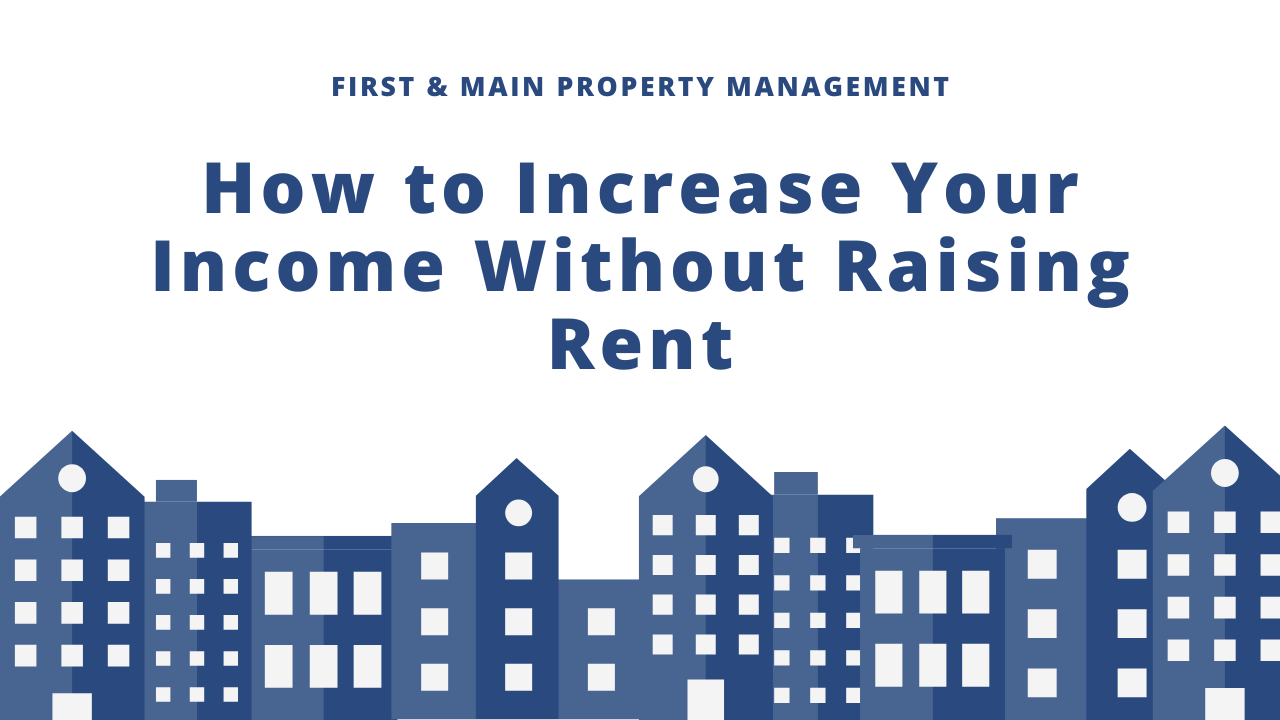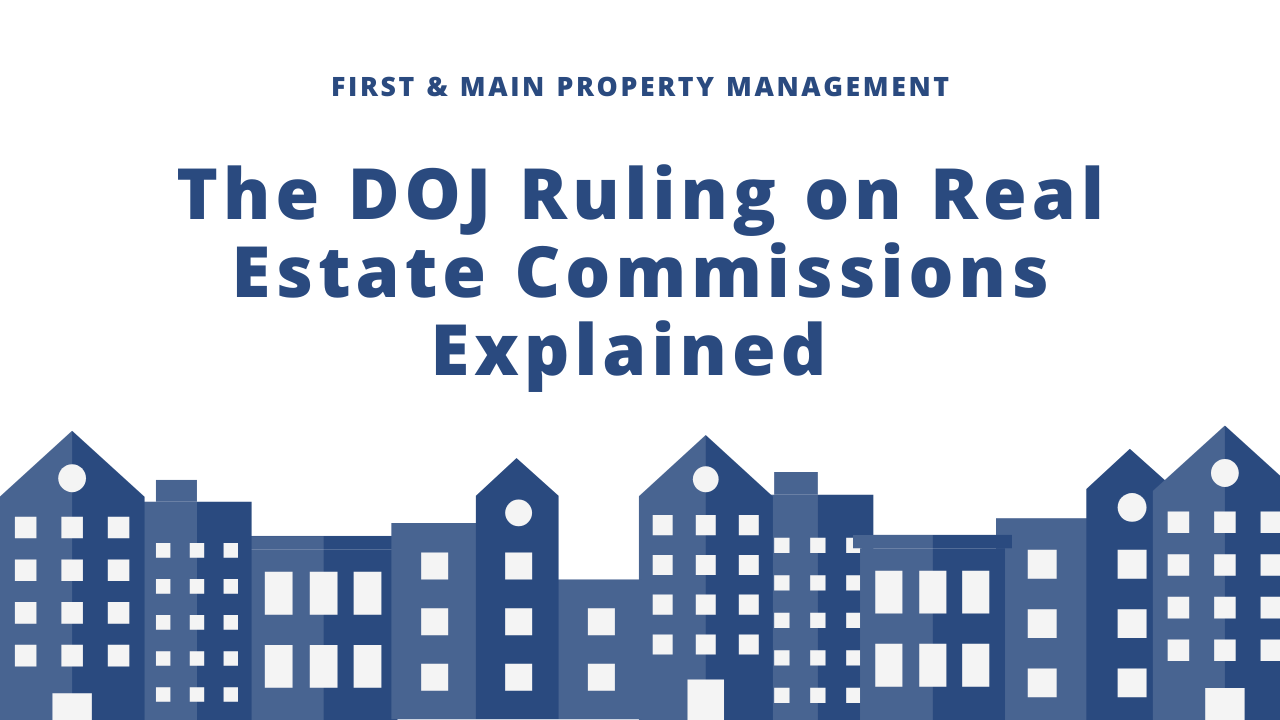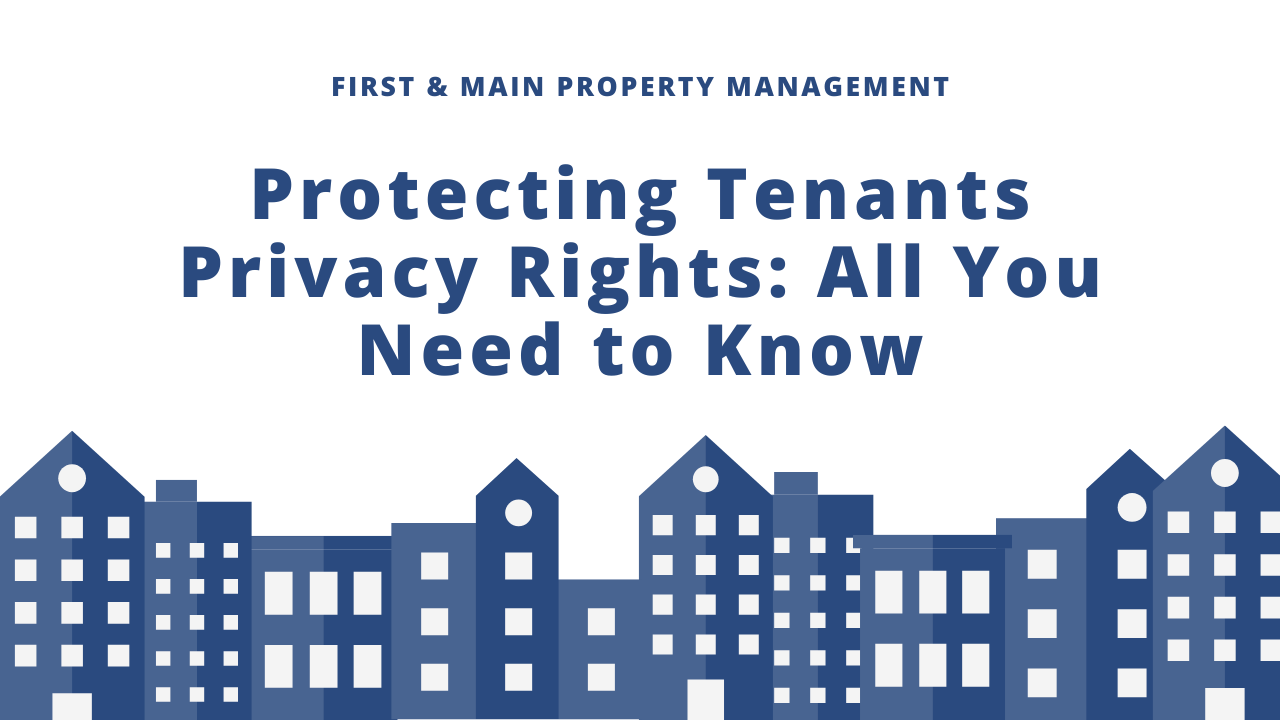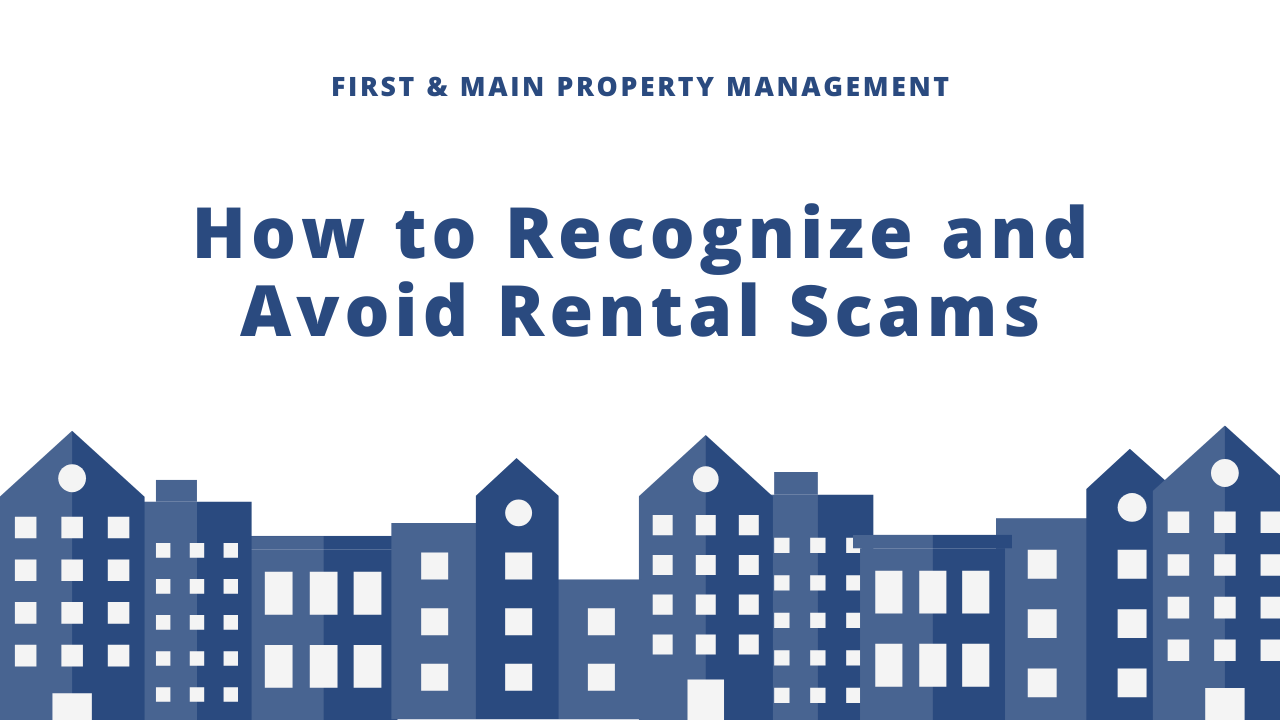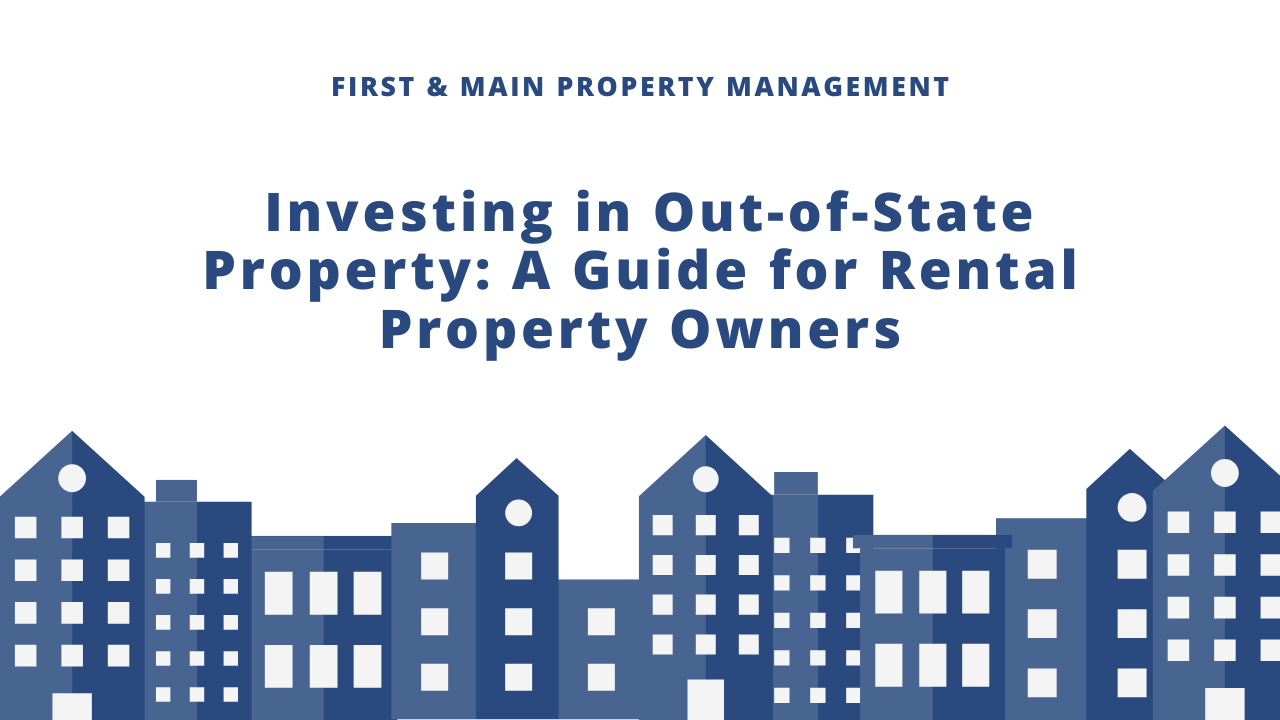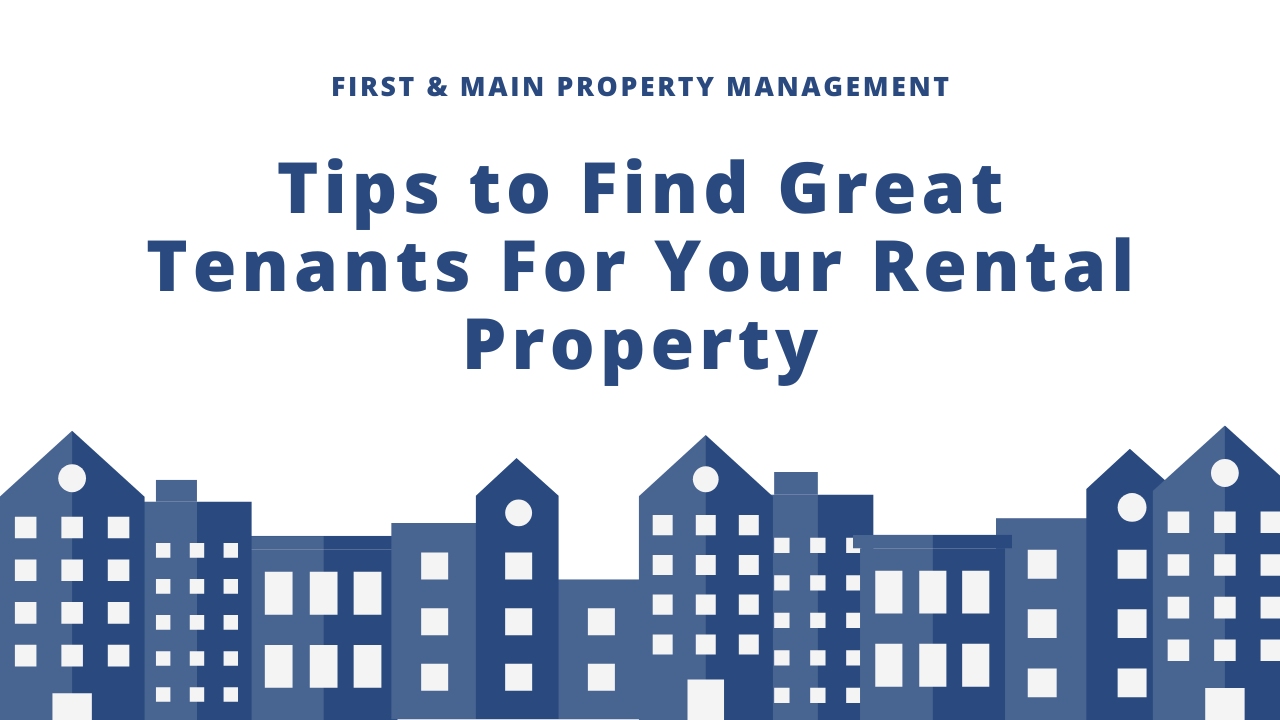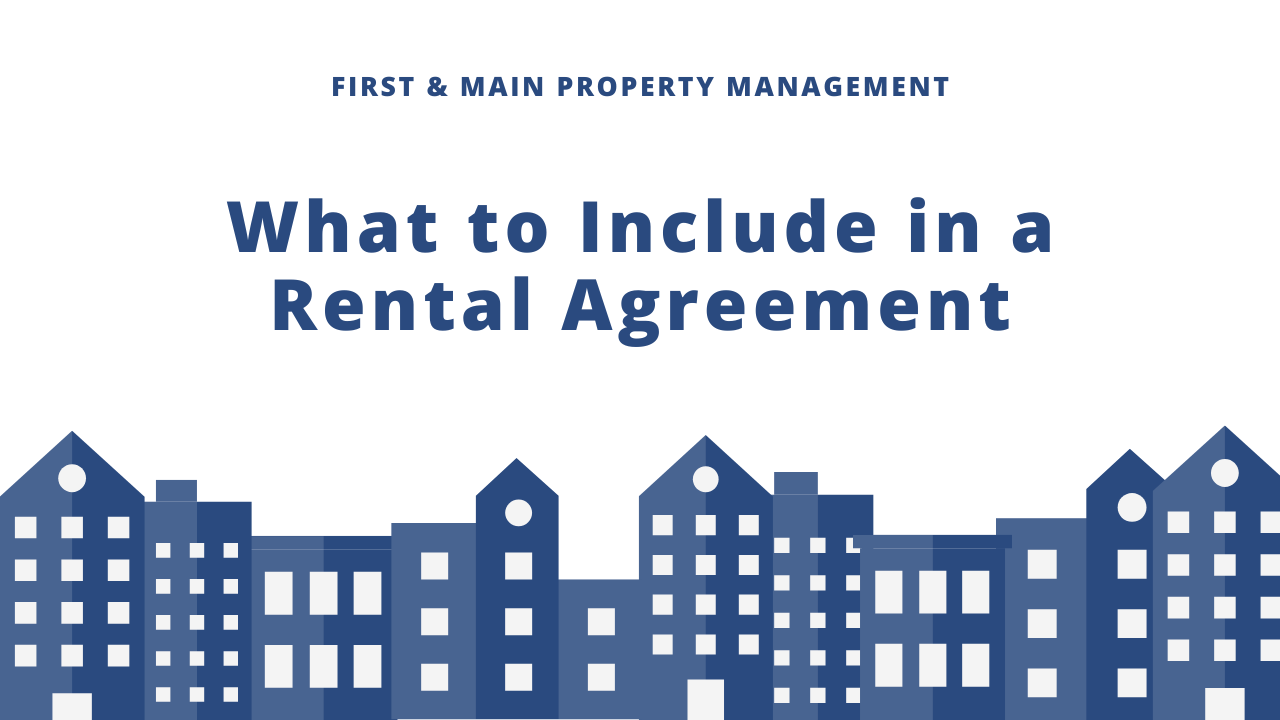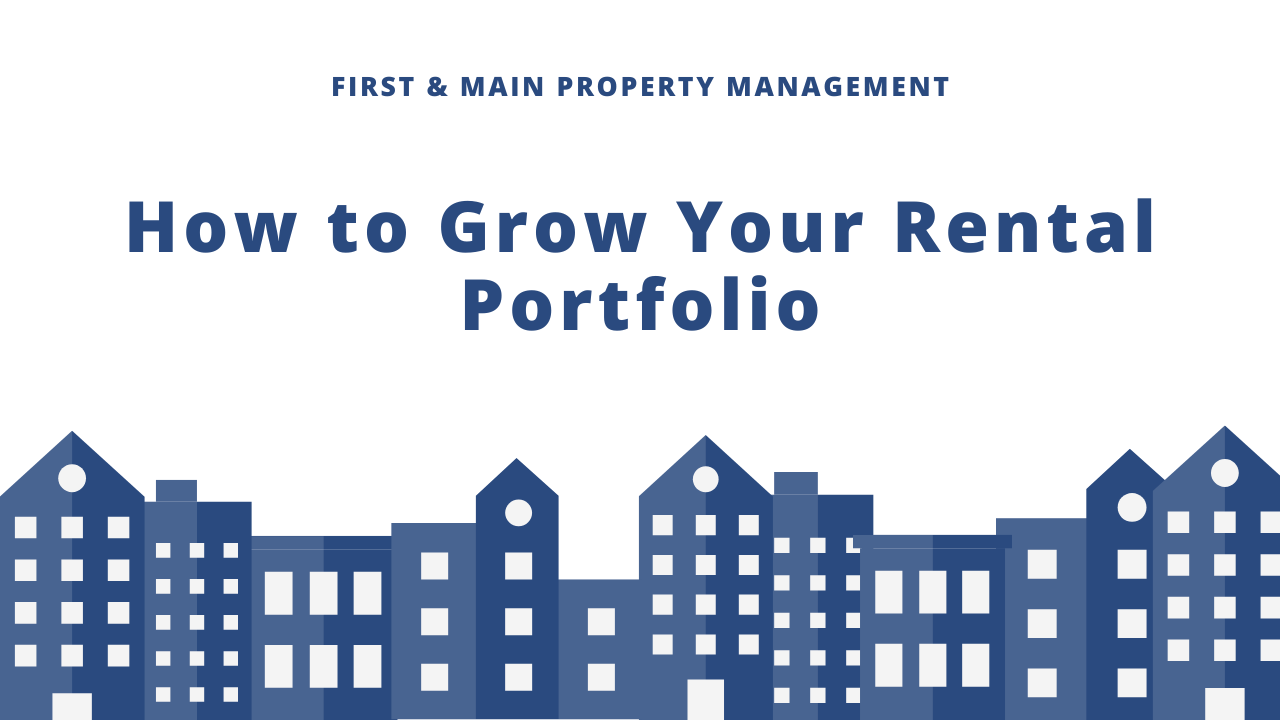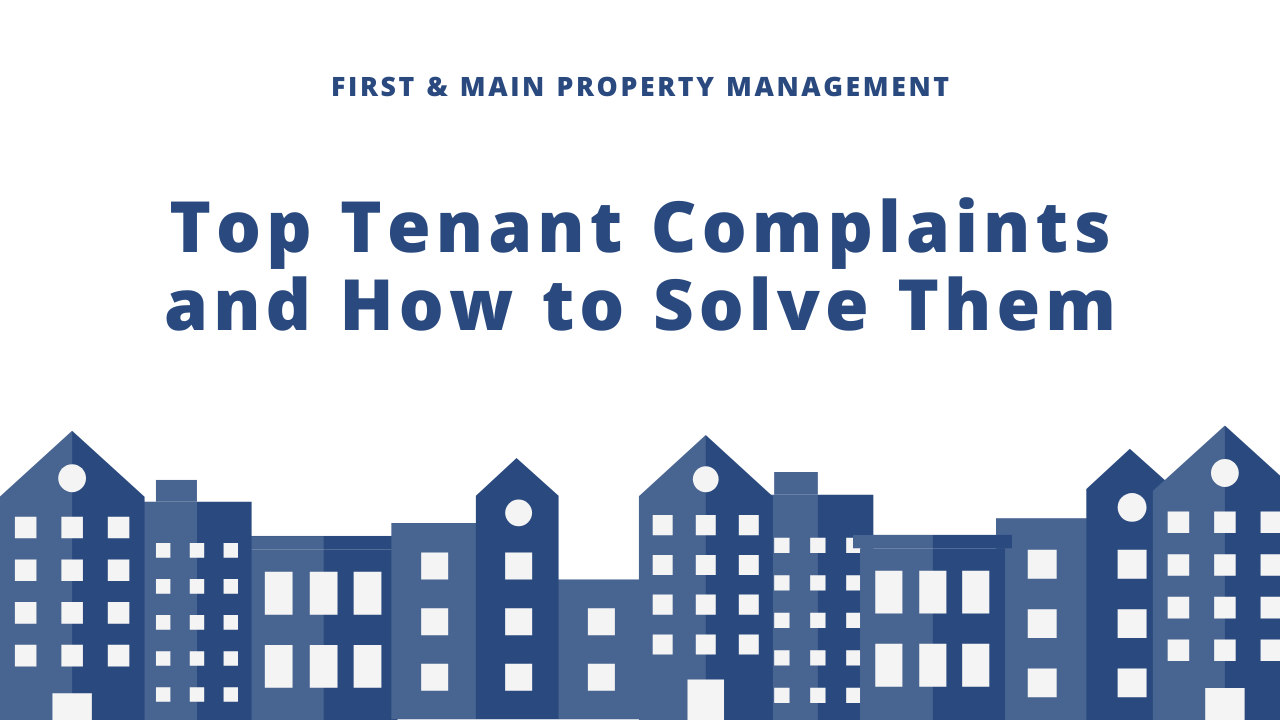How to Transition From A Part-Time to Full-Time Landlord
Welcome to the exciting journey of transitioning from part-time to full-time landlord! This guide is crafted specifically for landlords who are ready to take the next step and expand their horizons in the property management world.
Whether you're looking to grow your portfolio, enhance your management skills, or simply want to make the most out of your real estate investments, this article will be your go-to resource.
We understand the challenges and opportunities that come with this transition, and we're here to offer advice, insider tips, and comprehensive strategies to help you succeed. Let's turn your part-time endeavour into a thriving, full-time commitment!
Responsibilities of a Full-Time Landlord
Transitioning to a full-time landlord brings a range of responsibilities that are more extensive and complex than those of a part-time landlord. Here's an overview of the key duties:
- Property Maintenance and Repairs: A full-time landlord must ensure that all properties are in good shape and meet safety standards. This involves regular inspections, prompt repairs, and routine maintenance to keep the property in top condition.
- Tenant Management: This includes finding and vetting tenants, managing leases, handling tenant complaints and requests, and sometimes, dealing with difficult situations like evictions.

- Financial Management: Full-time landlords need to manage the financial aspects of their properties, which includes collecting rent, paying mortgages and property taxes, and handling operating expenses. They must also be adept at budgeting and financial planning to ensure profitability.
- Legal Compliance: Understanding and complying with local, state, and federal laws is crucial. This includes laws regarding tenant rights, fair housing, rent control, and building codes.
- Marketing and Advertising: To keep occupancy rates high, landlords must effectively market their properties. This includes advertising vacancies, conducting showings, and maintaining an attractive online presence.
- Record Keeping: Maintaining detailed records of all transactions, lease agreements, maintenance requests, and other important documents is a key responsibility.
- Conflict Resolution: Landlords often need to mediate disputes between tenants or address complaints effectively to maintain a peaceful living environment.
- Continued Education and Networking: Staying informed about industry trends, new laws, and best practices is important. Networking with other landlords and professionals in the real estate industry can also provide valuable insights and opportunities.
- Emergency Response: Being available to respond to emergencies promptly, whether it's a maintenance issue or a tenant concern, is a critical responsibility of being a full-time landlord.
- Property Upgrades and Renovations: To maintain or increase property value and appeal, landlords may need to plan and execute renovations or upgrades.

Each of these responsibilities requires a significant amount of time, effort, and knowledge, making the role of a full-time landlord both challenging and rewarding.
How To Transition?
Here is a list of steps that will help you set yourself up for success in your new role as a full-time landlord.
Understanding the Big Change
Shifting from being a part-time to a full-time landlord is more than just dedicating more hours; it's a complete career shift. This guide will help you navigate through this big change, preparing you for both the ups and downs ahead.
Start with Self-Evaluation
Before you dive in, it's important to look at the amount of properties and the income you can earn from them. You should also look at the amount of time you plan on spending managing each property.
This will help you understand if you're ready for the full-time commitment and identify any areas you need to work on or goals you want to achieve.
Develop a Solid Business Plan
Moving to full-time landlording needs a clear business plan. Outline your financial targets, marketing strategies, and daily operations. This plan will guide you and help grow your landlord career.
Expand Your Property Collection
Stepping into full-time landlordship often means growing your property list. Look for properties that will increase your income.

Stay informed about the real estate market and choose properties that offer good rental potential.
Build a Support Team
As a full-time landlord, you might need help from property managers, maintenance staff, and financial advisors. Building a strong team will help make managing your properties easier and give you more time to plan for growth.
Use Efficient Management Tools
For a smooth transition, adopt advanced property management tools. Use software for tracking rent, managing leases, scheduling maintenance, and screening tenants. These tools make your job easier and improve the experience for your tenants.
Focus on Marketing and Networking
To succeed as a full-time landlord, you need to actively promote your properties and network. Join local real estate groups, use online and offline advertising for your properties, and attend industry events. This will help you make connections and find potential tenants.
Legal Considerations
When transitioning into a full-time landlord, there are several local and state laws that are crucial to understand and adhere to. These are vital for ensuring compliance, avoiding legal issues, and providing a safe and fair environment for your tenants.
Here are some key legal aspects to consider:
Landlord-Tenant Laws
Familiarise yourself with both local and state landlord-tenant laws.
These laws govern various aspects of rental agreements, tenant rights, eviction procedures, security deposits, and rent control.
Fair Housing Laws
Be aware of and abide by the Fair Housing Act, which forbids discrimination on the grounds of race, colour, national origin, religion, sex, status as a family member, or disability. Compliance with these rules throughout all of your rental policies and correspondence with tenants is crucial.
Building Codes and Safety Regulations
Ensure your properties meet all local building codes and safety standards. This includes maintaining structural safety, providing adequate heating and water, and ensuring properties are free from health hazards.
Lease Agreements
Draft comprehensive, legally sound lease agreements that outline the terms and conditions of the tenancy. This should include rent details, maintenance responsibilities, rules regarding pets and noise, and conditions for lease termination.
Final Thoughts
As we wrap up our journey on transitioning from a part-time to a full-time landlord, remember that this path, while rewarding, comes with its own set of challenges. If you're feeling overwhelmed, consider partnering with a property management company.
First & Main Property Management offers a range of services designed to streamline your landlord responsibilities, from tenant screening to maintenance and beyond. With their expertise, you can enjoy the benefits of being a full-time landlord while having the peace of mind that your properties are in capable hands.
Take that next step with confidence and let First & Main Property Management help you succeed in your real estate endeavours!

